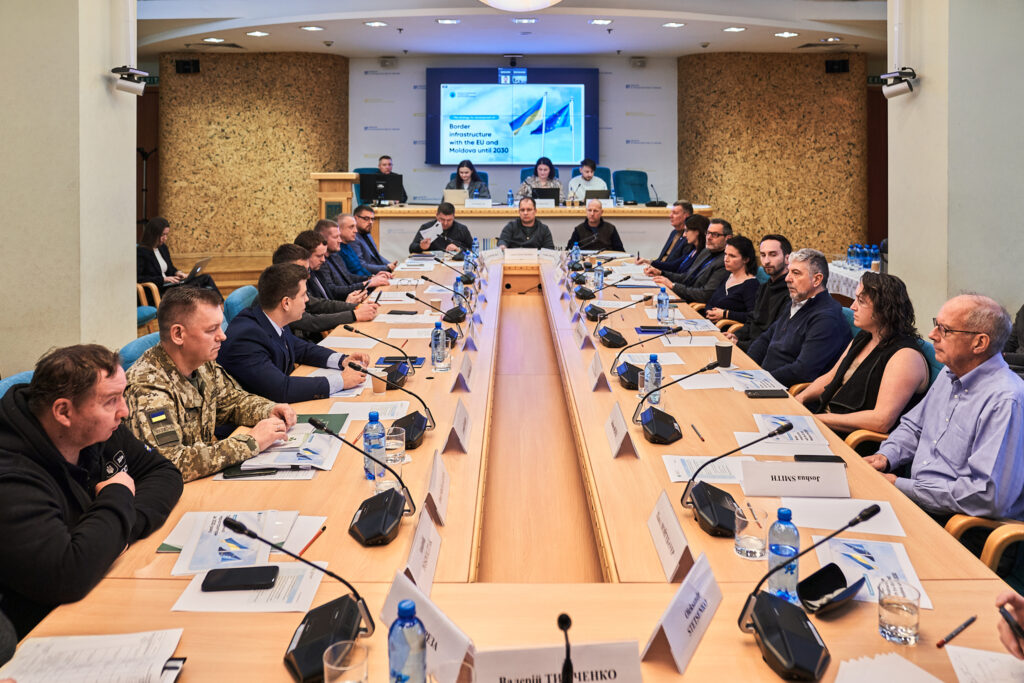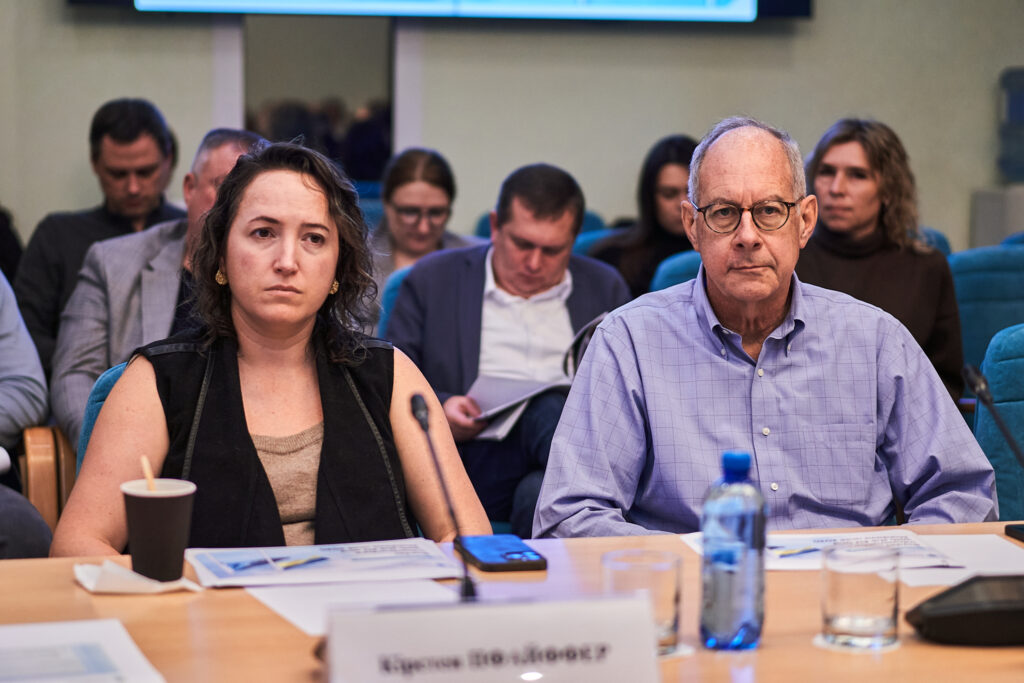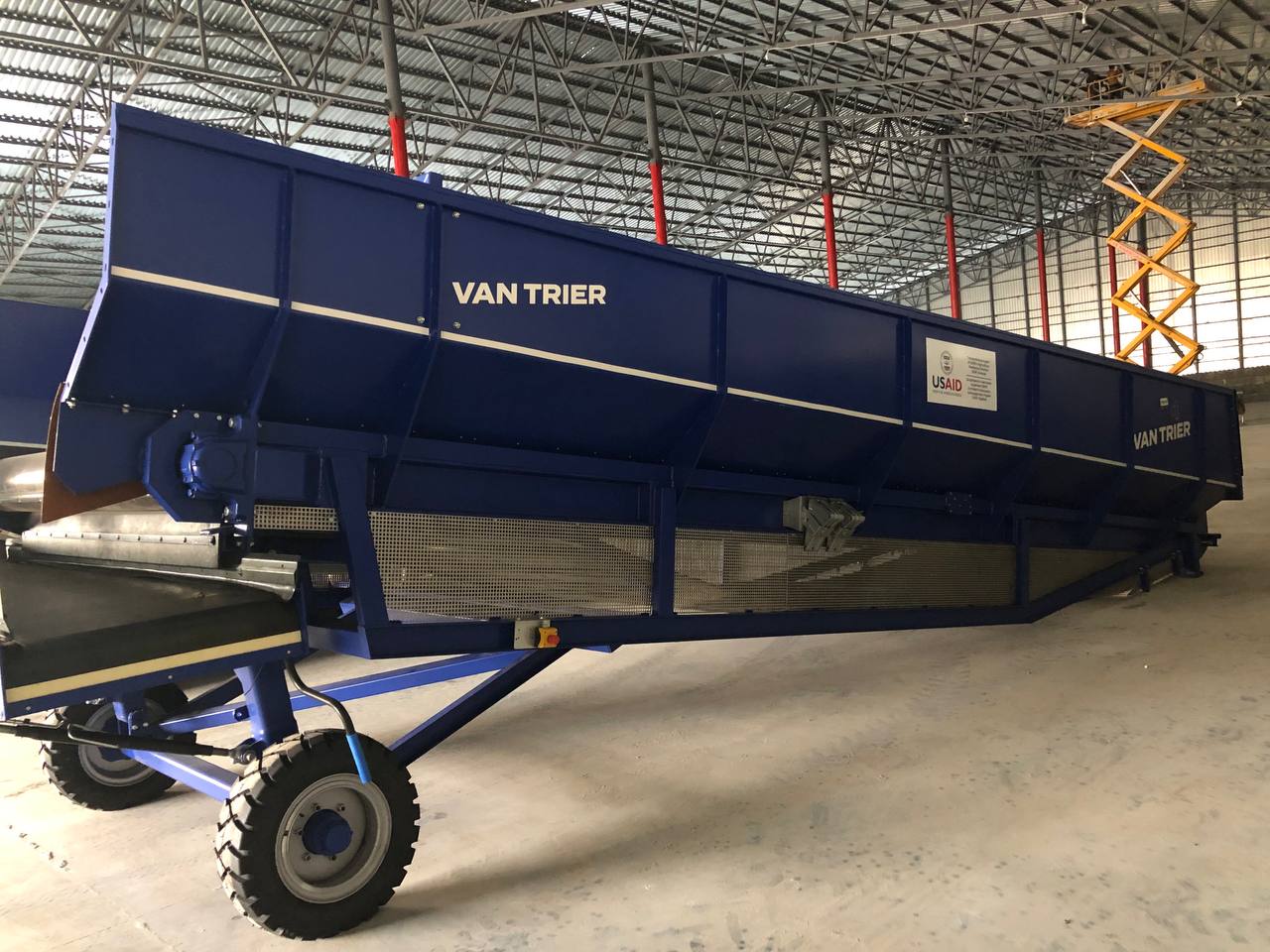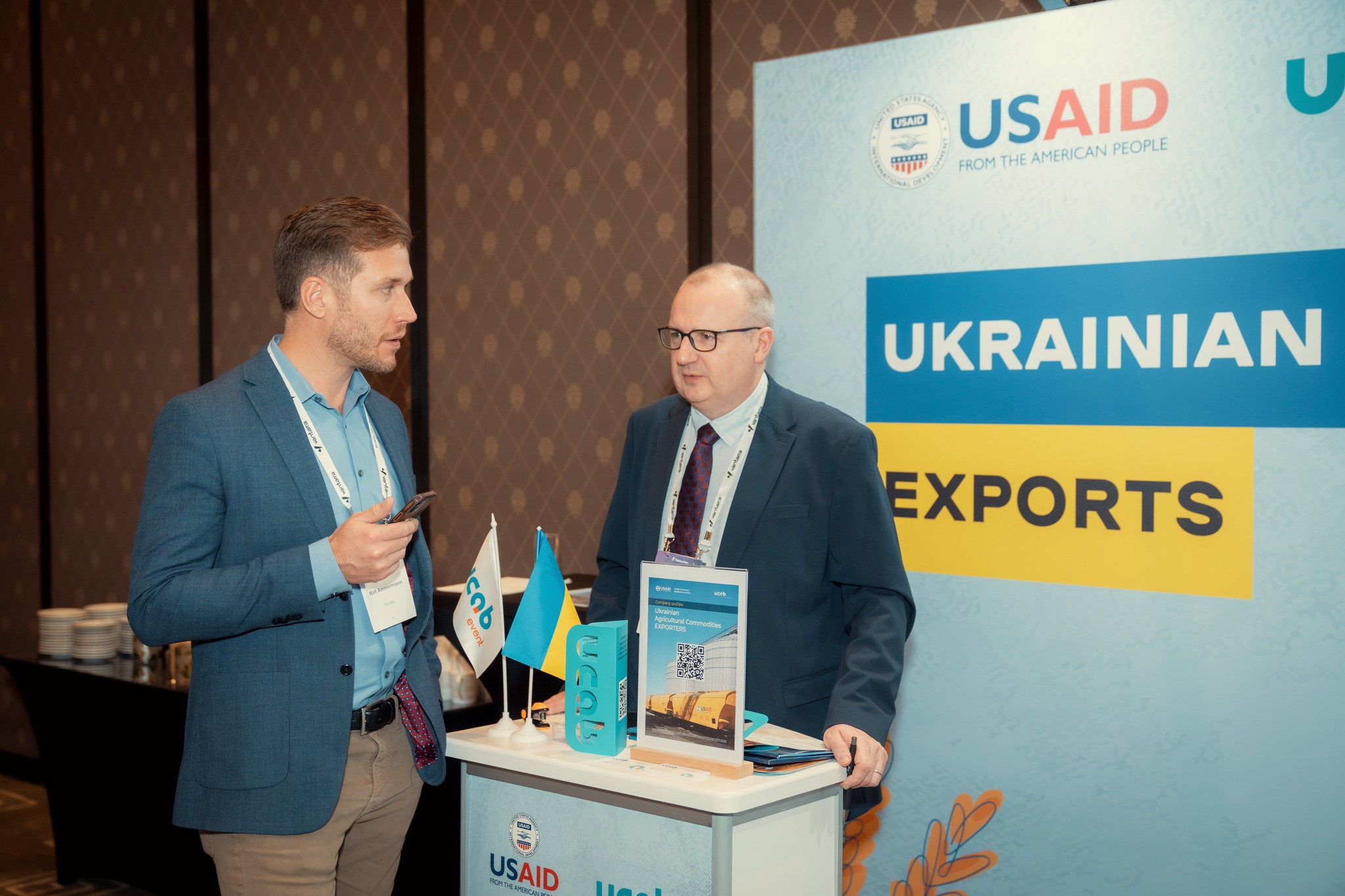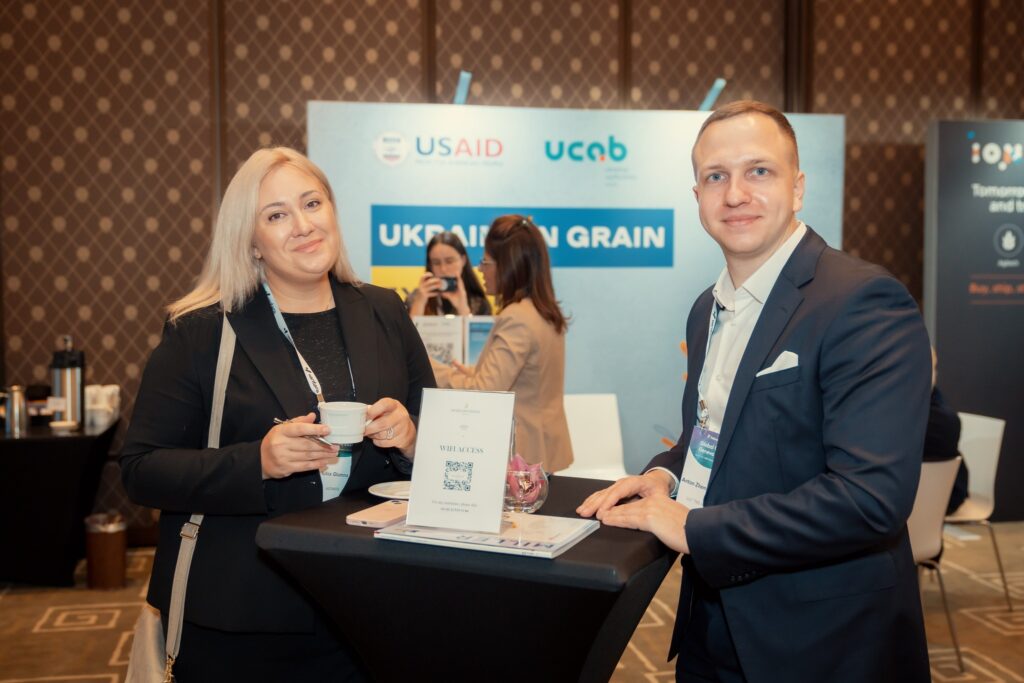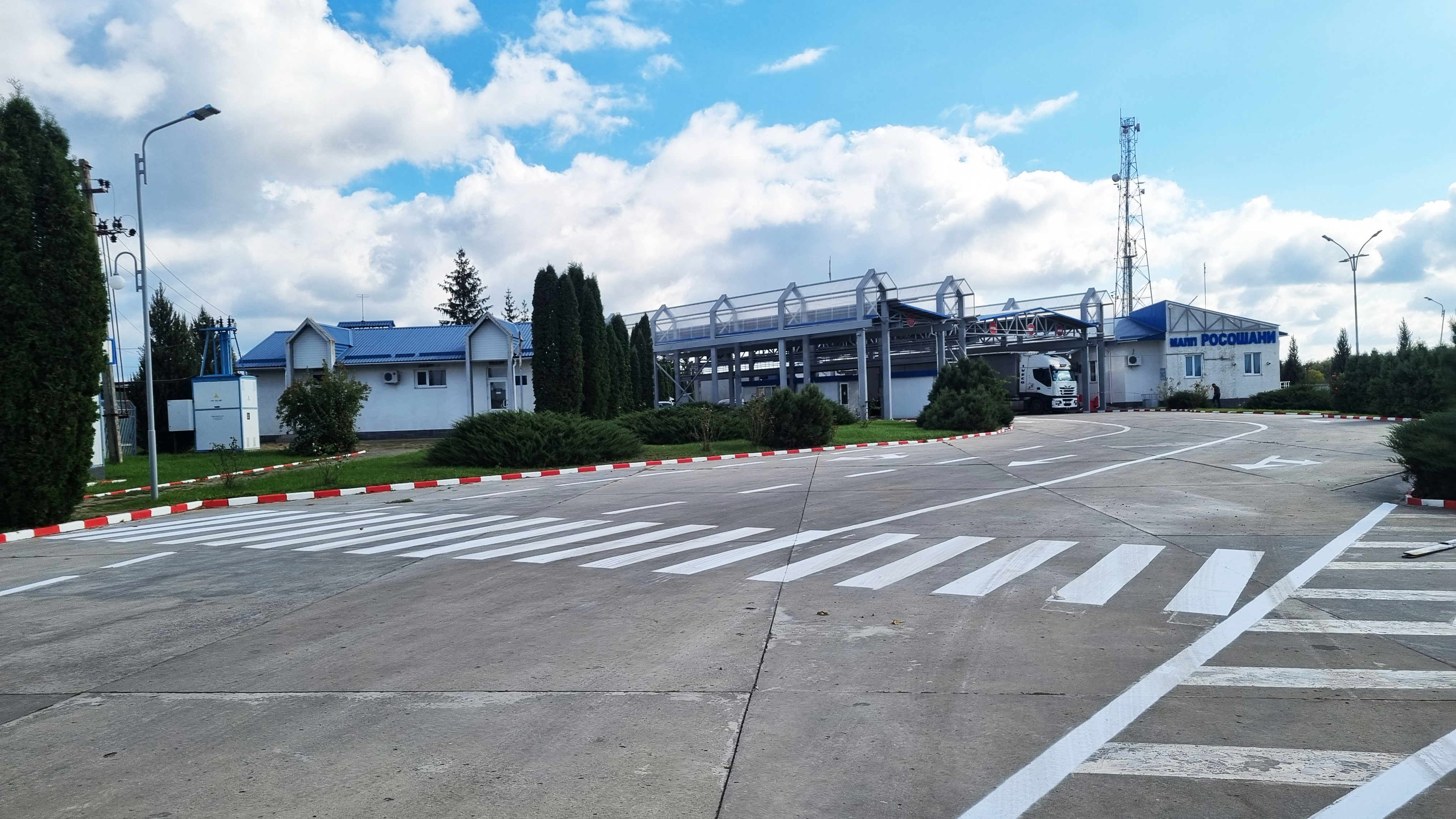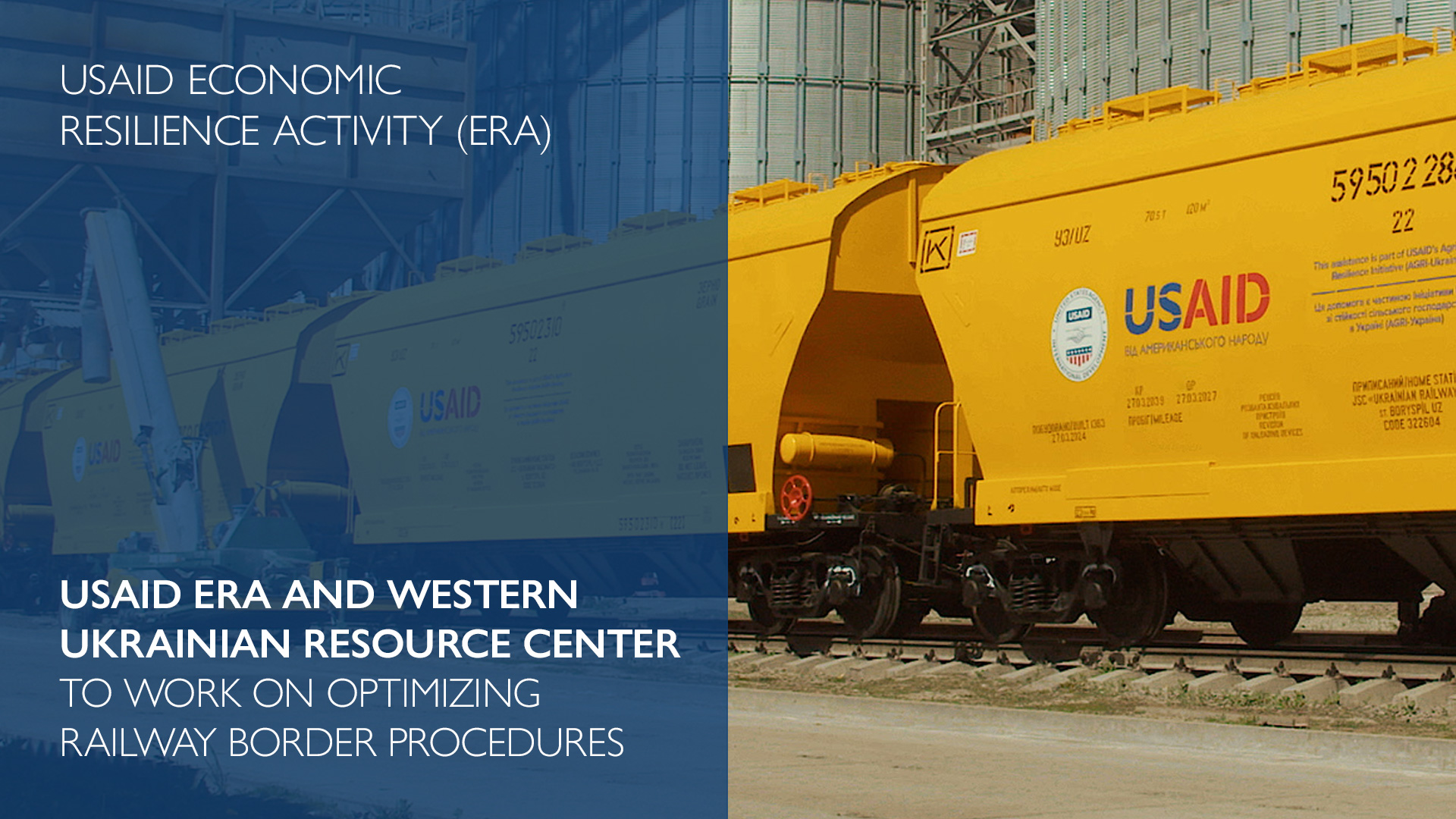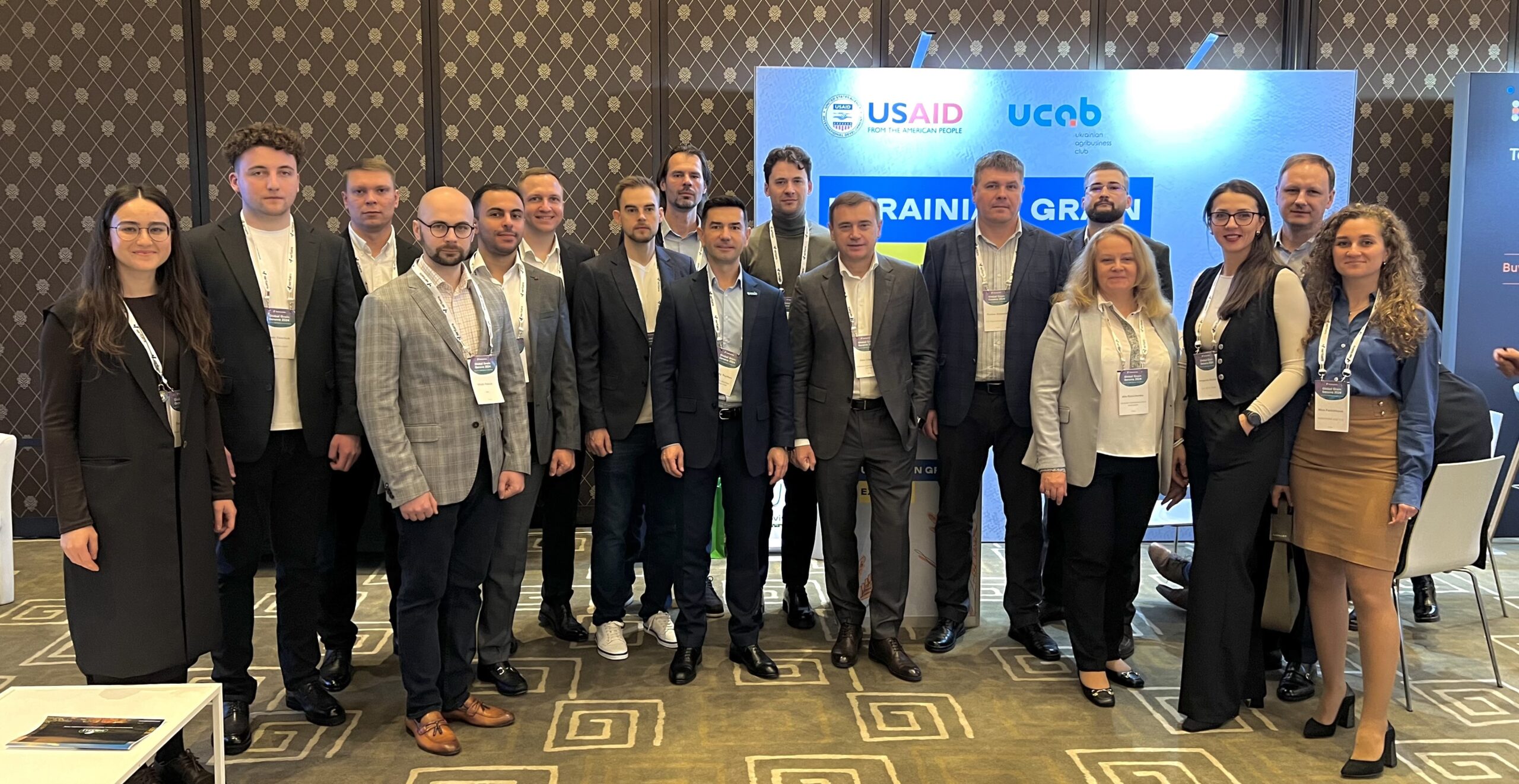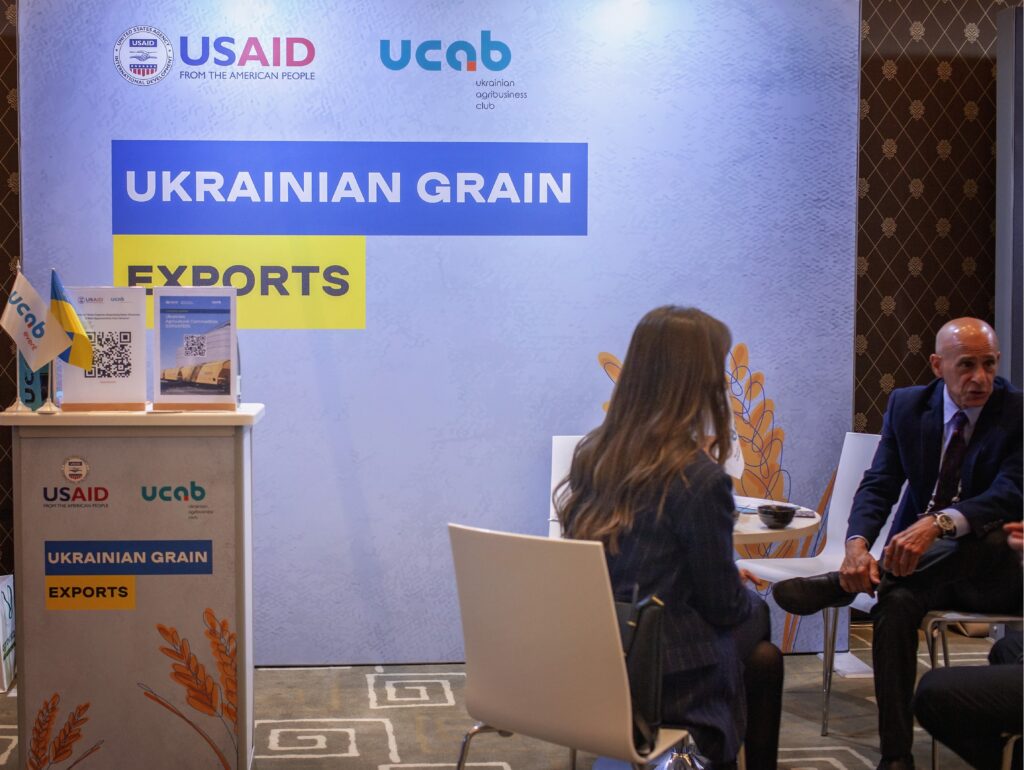On November 22, representatives from USAID’s Economic Resilience Activity (ERA) attended the presentation of Ukraine’s Strategy for the Development of Border Infrastructure with the European Union (EU) and Moldova. The document, presented by the Ministry for Communities and Territories Development of Ukraine, outlines key actions and priorities through 2030.
Deputy Minister Serhii Derkach facilitated the event, which was also attended by Head of the Agency for Restoration Serhii Sukhomlyn, representatives of regional military administrations, the State Customs Service, the State Border Guard Service, as well as experts from the relevant directorates of the European Commission, USAID, the International Organization for Migration (IOM), the European Union (EU) Advisory Mission in Ukraine, and other local and international organizations.
“The full-scale Russian invasion has significantly altered Ukraine’s logistical routes. The blockade of ports and the suspension of air traffic have made road transport a vital element of our economic stability for both imports and exports. To adapt Ukraine’s border to meet the demands of transport and passenger flows, we have developed a clear strategy and operational plan. These documents include specific steps and measures to increase cargo throughput, prevent queues, and ensure comfort for those crossing the border. The key is the timely implementation of all planned measures so that businesses and citizens can experience tangible results. We expect our partners to consider this strategy in their projects as well. Its implementation will mark an important step toward integrating Ukraine into the European transport space,” noted Deputy Prime Minister for Ukraine’s Restoration and Minister for Communities and Territories Development, Oleksii Kuleba.
A key priority of the Strategy is increasing the capacity of border infrastructure. The document has already received approval from key government bodies and is expected to be adopted by the Government by the end of the year. Notably, its approval is one of the indicators of the Ukraine Facility Plan, with a completion deadline set for the end of 2024.
“The Strategy focuses on several key objectives. Primarily, it aims to enhance the capacity of border infrastructure through the reconstruction of existing border crossings and the construction of new ones, including access roads. Other goals include introducing joint controls with neighboring states, reducing wait times, and establishing networks of service areas. To achieve these goals, clear tasks and expected results have been defined. An essential part of the Strategy is monitoring its implementation, for which the document includes specific indicators,” stated Deputy Minister Serhii Derkach.
The Strategy covers the development of 42 border crossing points (BCPs) with all of Ukraine’s western neighboring countries, including the reconstruction and construction of BCPs with Poland (6), Slovakia (5), Romania (11), Hungary (6), and Moldova (14). It also plans for the construction of new BCPs, including Bila Tserkva/Sighetu Marmației, Bila Krynytsia/Climăuți, Ruska/Ulma, and Shepit/Izvoarele with Romania, and Velyka Palad/Nagyhódos, and Diyda/Beregdaráz with Hungary. The operational plan accompanying the Strategy outlines the necessary tasks and measures for border development, including cost estimates, funding sources, and implementation timelines for construction and upgrades.
“Developing border infrastructure is a crucial step toward strengthening Ukraine’s economy and its integration into the European Union. USAID ERA actively supports Ukraine’s efforts to modernize border crossing points, reduce wait times, and create favorable conditions for exports and cross-border movement as a whole,” emphasized Kirsten Pfeiffer, ERA Deputy Chief of Party. “We are proud to contribute to the implementation of this Strategy, which outlines clear steps to achieve its goals, and we will continue collaborating with partners to turn these plans into reality.”
Between 2023-2026, USAID, through the Economic Resilience Activity (ERA), is dedicating $115 million to support the State Agency for Restoration and Development of Infrastructure of Ukraine (SARDI), Ukrainian Railways (UZ), and State Customs Services, to upgrade border crossing points (BCPs) to improve trade and export volumes.
